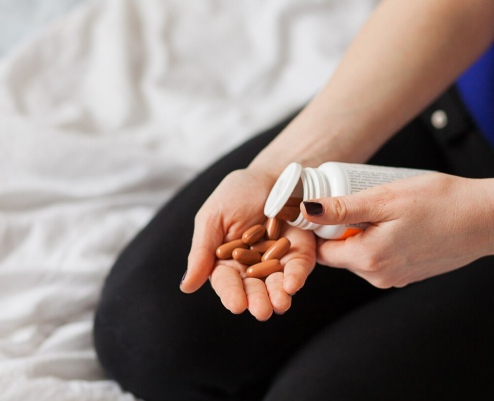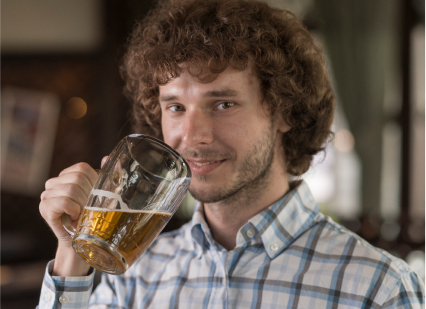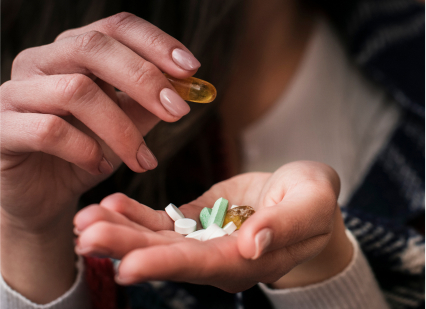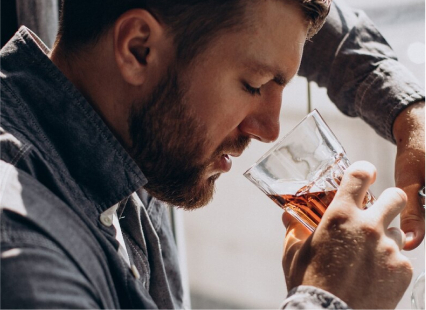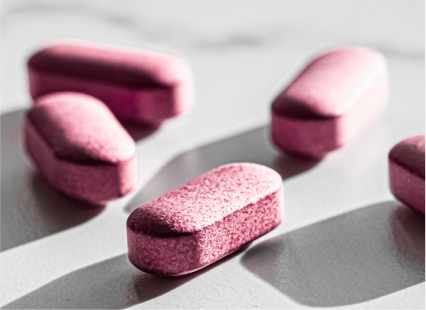Have you ever tried to stop drinking alcohol on your own? Have you tried it without the help of an alcohol treatment program? Maybe you tried to stop without attending any support group meetings (such as AA)? Or did you try to stop truly alone, without even opening up to your friends or family member? If you are here reading this article, then we can assume that you either have not tried yet or that you did try and were unsuccessful. If you are among the latter, then you have already met at least one criterion for an alcohol use disorder (AUD). If you do have an alcohol use disorder, then getting help from a licensed and accredited treatment center is recommended. However, if you are highly motivated to try to stop drinking on your own, then here are a few tips that will help you along the way.
Talk With Your Doctor
A physician can evaluate your current health status and identify potential risk factors for alcohol detox. They may also be able to prescribe medications or provide guidance for a successful detox process. Quitting alcohol cold turkey can be dangerous, so always talk with your doctor before making any drastic changes.
Develop a Plan
Consider what you will do if x, y, z happens. For instance,
- What if you do relapse, or even if you have thoughts of relapsing?
- Will you be cutting back first?
- Who will you call if you need help?
- What are your short-term and long-term sobriety goals?
These are just a few questions to ask yourself when developing a to stop drinking on your own.
Consider Cutting Back
Every individual and their circumstances are different, and some people will be able to cut back successfully whereas others won’t. Quitting all at once is always the ideal option for other types of addiction where withdrawal symptoms are not life-threatening. However, starting by cutting back may be the safest option for some people who struggle with alcohol addiction.
Set Goals
Consider what your goal is and why. Do you want to quit drinking altogether or do you want to cut back on your drinking? Consider setting a quit date or limiting how many drinks you have per day. Maybe limit your drinking to certain days and decrease the number of days you drink as time goes on.
Goals can also be things that you want to accomplish as a result of quitting or cutting back on drinking. For instance, saving a certain amount of money or learning a new skill. Goals are a great way to stay focused on your progress.
Get Support
How you stop drinking on your own is… you don’t. Regardless of which route you try to stop drinking, support will always be a benefit. Support can come in the form of friends and family, therapists, and support groups. Find people that understand what you are going through or at least are supportive in your journey to figure out how to quit drinking. Never ever underestimate the value of great support.
How an Alcohol Rehab Program Helps People Quit Drinking
Although we understand the desire to quit drinking on your own, in many cases getting help is the best option. If you have tried before and relapsed, if you have severe alcohol dependence or alcohol use disorder, or if you do not have a supportive and safe home environment, then an alcohol rehab is certainly the best place to quit drinking alcohol.
Why? Well, alcohol rehab is actually a dangerous and potentially deadly process. Alcohol rehab facilities can provide access to medical interventions in the event that and any number of withdrawal symptoms present. Interventions could be as simple as IV fluids could make a huge impact on the recovery process and even save your life. Inpatient detox and residential programs also provide 24/7 monitoring for quick response in a life-threatening situation. Inpatient and outpatient detox programs may also provide access to various alternative therapies such as yoga, massage, acupuncture, and more. These evidence-based practices have been shown to ease and/or shorten the alcohol detoxification process.
